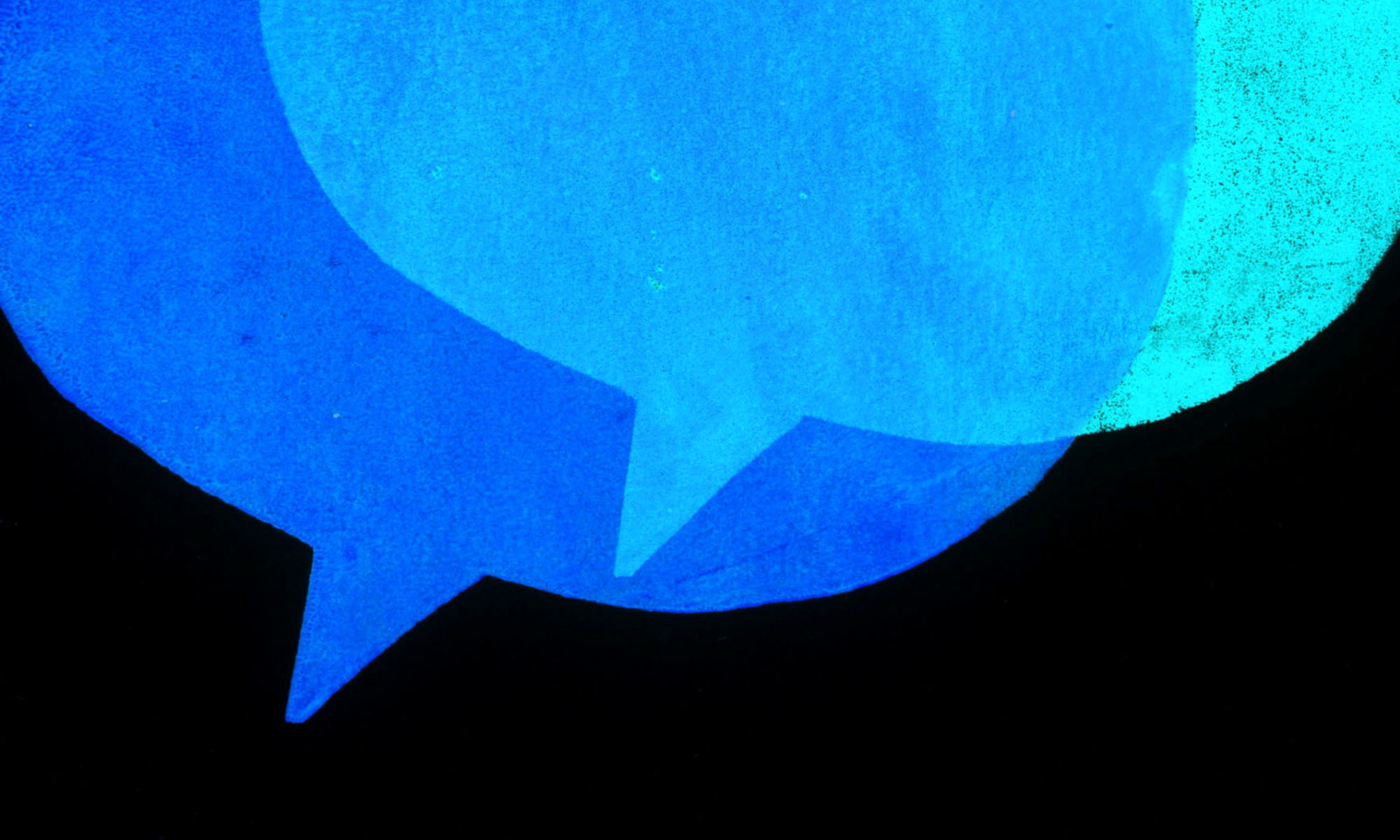CALL FOR PAPERS
The Social, Political and
Ideological Semiotics of Comics and Cartoons
Special issue of Punctum. International Journal of Semiotics
EDITORS: Stephan Packard and Lukas R.A. Wilde
Deadline for Abstracts: April 30, 2021
Notice of Acceptance of the Abstract: May 15, 2021
Deadline for Submission of Full Papers: September 1, 2021
… Publication Date: Winter 2021-22
What more can semiotics do for comics? As early as the 1960s and through to the first decades of the 21st century, comics studies have attracted a large and perhaps disproportionate amount of attention from analytical semiotic approaches that foreground description and theory building: Their combination of pictures and text offering a challenge to any attempt towards a systematic theory of signs, and their experimental treatment of their semiotic inventory as well as the genres, imageries, and conventions of other media and art forms inviting descriptive scrutiny as well as playful engagement. Scott McCloud’s famous Understanding Comics (1993), both praised and criticized for its essentially semiotic approach, provided the foundation for the rise of sequential comics studies. Even the relatively more practice-based earlier work of Will Eisner (Comics & Sequential Art, 1985), on which McCloud built his own, focuses on a description of formal semiot-ic and semantic relationships. Thierry Groensteen’s Système de la bande dessinée (1999), on the other hand, elaborated a semiological approach to the comics images’ ’iconic solidarity.’ For semantics rather than syntax, Umberto Eco’s treat-ment of Superman (1962) had already extended a semiological perspective to examining plot and character.
The influence of these authors might wrongly cloud the plethora of early international contributions to a semiotic study of comics, including Ullrich Krafft’s Comics lesen (1978), Ursula Oomen’s Wort – Bild – Nachricht (1975), Daniele Barbieri’s Il linguaggio del fumetto (1990), and Anne Magnussen’s Peircean approach in Comics & Culture (2000, with Hans-Christian Christiansen), among many others. Natsume Fusanosuke’s and Takekuma Kentarō’s collection Manga no yomikata (漫画の読み方 1995, roughly: How to Read Manga) inspired a similar Japa-nese wave of formal-aesthetic and semiotic reflections of writing, images, and abstract line-art in the manga tradition, although this has hardly been noticed internationally due to a lack of translations. More recently, the multimodality approach of Kress and van Leeuwen (2006) has given rise to new methods, such as Janina Wildfeuer’s empirical discourse analysis of comics (2018ff.), Paul Fisher Davis’ multimodal systemic-functional linguistics (2019), or large-scale formal corpus analytics (cf. Alexander Dunst, Quantitative Analysis of Comics, 2018). Simultaneously, the combination of semiotics and cognitive linguistics has opened new venues, such as Neil Cohn’s description of distinct visual languages of comics (Cohn 2013).
And yet, many of these approaches have been accused of treating their subjects with arbitrary abstraction and an overload of theory, neglecting political and material conditions of comics production, contents, distribution, and fandom, and reproducing distinctions of class, race, and gender by elevating the body depictions of a popular genre to the metaphysical dignity of seemingly ahistorical semiotic principles (cf. Horrocks 2001; Frahm 2006). In the face of this criticism, we contend that a semiotic approach to comics studies always has and can continue to engender a thorough and critical engagement with comic books’ social, political, and ideological dimensions.
The naturalization of ‘improper,’ comical, and deformed shapes in comics can be exposed at the very heart of its ideological tendencies and implicit traditions. Carefully examining the cartoonish depiction of bodies and stereotypes against the political history of caricature offers insight into the reproduction processes that structure these comical signs. The formation and transformation of plot and figural schemata in serial storytelling invites closer looks at the currents shaping and tearing at the conventions of both the popular genres and experimental or avant-garde forms of comics. The drawing pen’s freedom inevitably leads to a pictorial database in which all aspects of the depicted world are specifically appropriated and invite interpretation. The reinvention of panels, pages, habits, and means of inferences in webcomics demand specific formal scrutiny alongside the social implications of their extended and postdigital usages. If we are to see transnational mainstream comics enter a ‘Blue Age,’ as Adrienne Resha has recently argued (2020), it is not least in the reordering of code, address, and com-municative situation that the expansion of topics and reader bases has to take place.
More fundamentally, what has been neglected in much of existing comics scholar-ship is the social implications of semiotics that should be understood as the exami-nation of an inherently social process of “unlimited community” (Peirce), as the “science of the life of signs in society” (Saussure). A comprehensive understanding of sign usage rhetorics requires an adequate account of its ideological dimension (Barthes).
Against this background, we invite abstracts that focus on the socio-political semiotics of comic books, manga, graphic storytelling, and political cartooning. More analytically, abstracts can be about topics such as, but not limited to:
• various forms of cartoonish representation in historical context;
• new approaches to the pictorial ideology of comics conventions and traditions;
• studies into the semiotic techniques of fandom appropriation and remixes;
• engagements with the sequential and serial forms of comic books and their social and economic conditions;
• narratological criticisms and revisions of ‘reality principles’ and ‘natural’ forms of meaning-making;
• inter- and transcultural adaptations, negotiations, and appropriations as semiotic transcriptions;
• research into specific comic genres and their conventionalized forms of expressions (e.g., superheroes, shōnen manga, funny strips, etc.) between conservatism and subversion, and many more.
Prospective authors are asked to submit an abstract of approximately 500 words by mail to the guest editors, Prof. Dr. Stephan Packard (packard@uni-koeln.de) and Dr. Lukas R.A. Wilde (lukas.wilde@uni-tuebingen.de), including their affiliation and contact information. Acceptance of the abstract does not guarantee publication, given that all research articles will be subjected to the journal’s double peer-review process.

